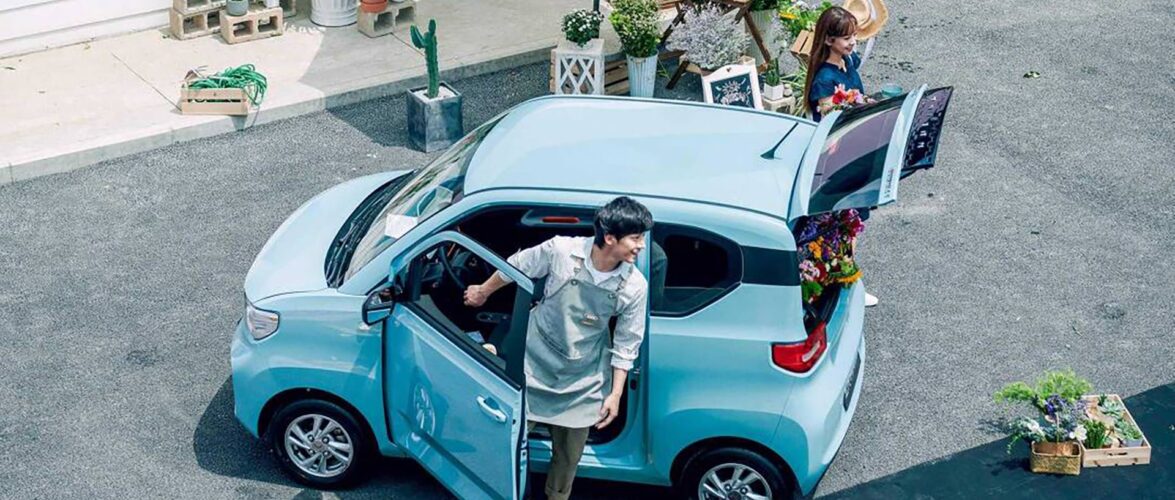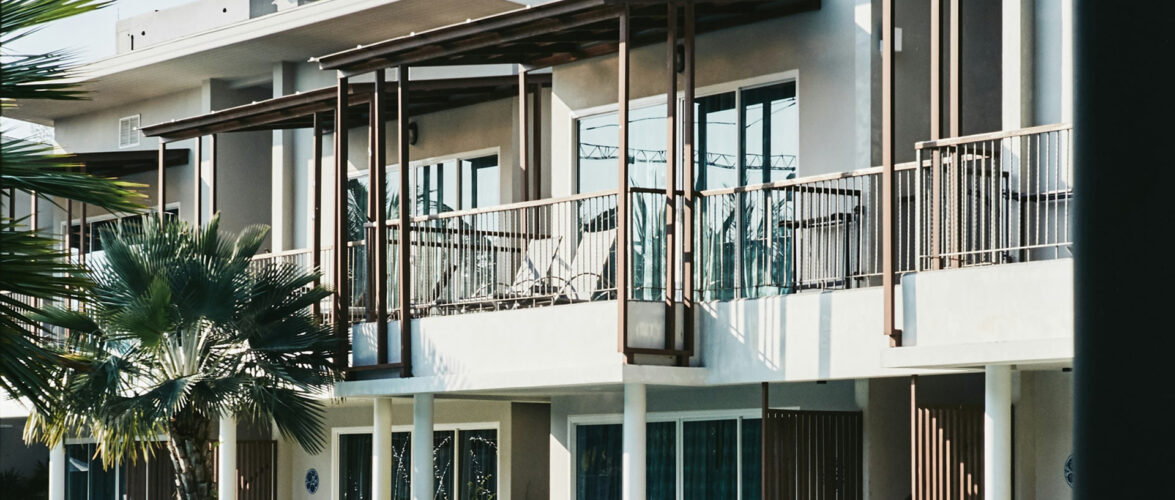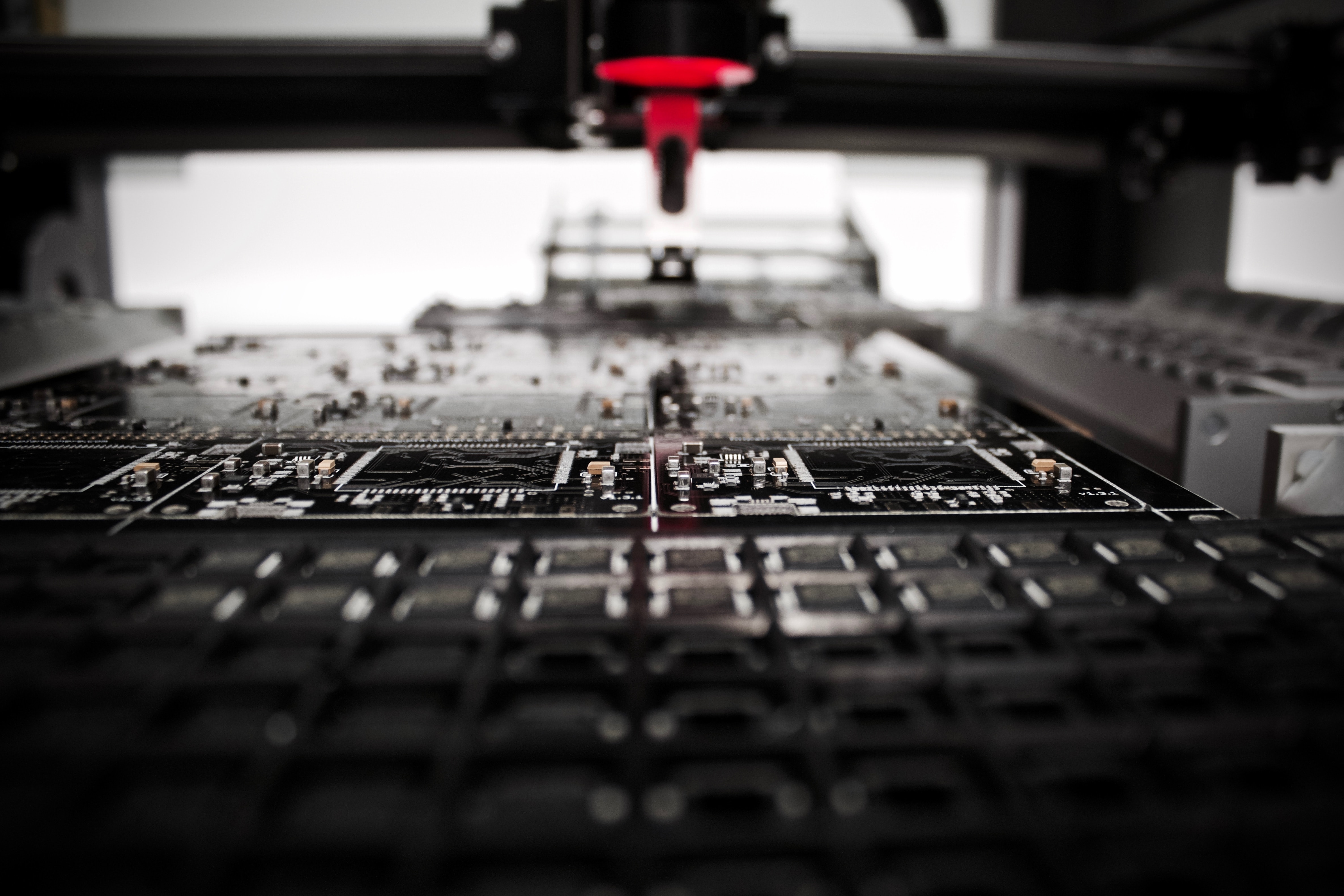Taiwan Semiconductor Manufacturing Co. is considering building its first chipmaking plant in Japan as Tokyo urges companies to expand semiconductor production in the country.
TSMC—the world’s biggest contract chipmaker and a key supplier to Sony and other Japanese chipmakers—is evaluating plans to build a plant in Kumamoto Prefecture, in western Japan, four people told Nikkei Asia. The facility would be near one of Sony’s plants and help meet growing demand for image sensors, automotive microcontrollers, and other chips, they said.
“TSMC is considering a proposal by the Japanese government to build an advanced chip factory in Japan, though it has not yet fully committed and finalized [the plan],” one of the sources said.
The plant would be the Taiwanese company’s first chipmaking facility in Japan, whose companies accounted for 4.7% of TSMC’s revenue in 2020. It would mark a significant departure from the company’s decades-long strategy of maintaining most of its production in its home market.
TSMC is building an advanced chip plant in the US in response to pressure from Washington, which, like Tokyo, has been urging companies to build semiconductor facilities locally. Around 62% of TSMC’s revenue came from North American clients in 2020.
According to the tentative plan for the Kumamoto facility, TSMC would build a 12-inch wafer plant able to switch between different process technologies, including 28-nanometer and 16-nanometer production tech.
“TSMC does not want to stick to only one process technology … as many of the tools are shared,” one of the sources told Nikkei Asia.
Nanometer size refers to the distance between transistors on a chip—the smaller the number, generally, the more advanced the semiconductor.
If built, the plant would be near Sony’s factory in Kumamoto, according to the four people familiar with the matter. However, the Taiwanese chipmaker will likely own and run the factory independently to avoid any conflicts of interest, two sources said.
“One of the key reasons for TSMC to pick this location is because its large Japanese client Sony has a plant there,” an executive-level source familiar with the plans said.
Japanese news outlet Nikkan Kogyo Shimbun first reported that TSMC was considering a chip facility in Japan. The report came last month. TSMC declined to comment for this story.
This year, TSMC announced it would spend JPY 18.6 billion (USD 170 million) on a research and development center in Japan to jointly develop semiconductor materials and tools with its leading Japanese suppliers. The Japanese government is also planning to pour state money into advanced chipmaking.
Akira Amari, a senior member of Japan’s Liberal Democratic Party, said Japan must cooperate with TSMC in chip development and manufacturing, Bloomberg reported this week.
TSMC controls more than half of the global market for foundry services—the business of making chips for others—and counts leading chip developers such as Apple, Qualcomm, Nvidia, Broadcom, Amazon, and Google among its clients. It is also an important maker of automotive chips for suppliers such as Sony, NXP, Renesas Electronics, and Infineon.
This year the US, Japan, and Germany—three major automaking economies—have pressed TSMC and its peers to prioritize production of automotive chips amid a severe global shortage. The three governments have since stressed the need to increase domestic chip production.
TSMC in April announced it would spend USD 100 billion through 2023 to meet the “structural and fundamental increase” in global chip demand. It has been expanding capacity in Taiwan and also announced plans to increase its capacity in Nanjing, China, before 2023.
This article first appeared on Nikkei Asia. It’s republished here as part of 36Kr’s ongoing partnership with Nikkei.





